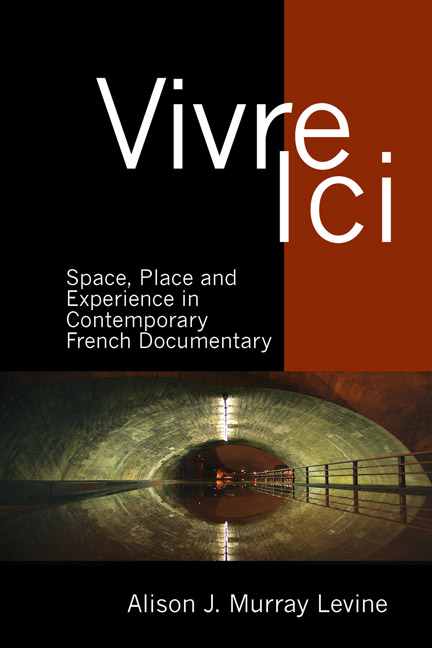Concluding Remarks
Summary
Nicolas Philibert calls documentary filmmaking the process of “programming chance.” Even though much of what happens in documentary film is unplanned and unscripted, capturing it requires no small measure of preparation. The itinerary may not be known in advance, but the camera and microphone must be in the right place, in the space and time of an encounter, if there is to be a film. In the course of my own encounters with documentary, I have heard many filmmakers express variations on this idea. Jean-Louis Comolli writes that documentary filmmakers share “a love for the unplanned” and describes their work as “getting out in front of the real, exposing oneself to its risk.” Jean-Luc Lioult writes about documentary as an art form that “frames the unforeseen” through a “constant readjustment of the relationship between the intention and the unexpected.” To frame the chance event, a filmmaker must already be there, betting on the future as it were, by anticipating the potential that something more might happen. This stance of anticipation, as Philibert writes, begins with the choice of cadre.
Cadre is a capacious word in French: it includes the frame, the space carved out by the frame, and the broader inhabited environment where the filmmaking takes place. When Philibert starts work on a film, he begins by defining the cadre, and from that point of departure, he begins working with people to generate desire, the desire for a film. Filmmakers must locate, for themselves and for each project, the most pertinent place [“la place la plus pertinente”] and the right distance from the subject [“la bonne distance”]. As Raymond Depardon writes in Errance, “I must find what the Germans call Einstellung, that is to say how to situate myself with relationship to what I am showing, and at what distance.” “Programming chance,” in other words, is a labor-intensive process that begins with choices about place and space.
Throughout this book, I have consistently returned to questions about documentary space, about the choice of cadre as both environment and frame. I have allowed questions about space, location, and positioning to serve as a through line for navigation of a few films about France made by French filmmakers and drawn from the contemporary documentary archive.
- Type
- Chapter
- Information
- Vivre IciSpace, Place, and Experience in Contemporary French Documentary, pp. 189 - 192Publisher: Liverpool University PressPrint publication year: 2018



